
The NJPN Annual Addiction Conference 2022: BLUEPRINTS for SUCCESS educates prevention, treatment, and recovery support professionals about critical issues surrounding substance use disorders, while providing a unique forum for networking, collaboration and workforce development.
This virtual conference is for all professionals supporting those impacted by addiction ● individuals and groups invested in awareness, advocacy, and community initiatives addressing addictions ● and for all job seekers interested in learning more about a helping career in the addictions field.
 23 June, 2022 09:30 am
23 June, 2022 09:30 am
Sarah Adelman
Commissioner New Jersey Department of Human Services
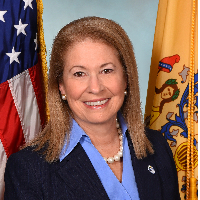
Judith M. Persichilli, R.N., B.S.N., M.A.
New Jersey Commissioner of Health

Diane Litterer
NJPN
 23 June, 2022 10:00 am
23 June, 2022 10:00 am
Dr. Dan Siegel
Executive Director, Mindsight Institute
This presentation examines the notion of “connection” and its correlation with mental health. When we feel disconnected from our inner life, we suffer; when we are disconnected relationally—from people and nature—we can become anxious, depressed, despondent. What is this powerful “connection” actually made of, what is it, and how can we take the science of connection and inform the practice of psychotherapy? In many ways, the experience of a separate, solo-self may underly the many challenges we face, from racism and social injustice to environmental destruction. The field of mental health can play a pivotal role in how we help our human family move toward a new way of living on Earth by addressing the modern cultural excessive focus on individuality in the separate sense of self. These questions and their personal, professional, and public implications will focus our discussion on the nature of both interconnection—the links between parts of a system—and intraconnection—the wholeness of the system.
 23 June, 2022 11:30 am
23 June, 2022 11:30 am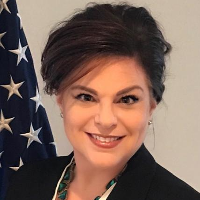
Susan A. Gibson
Special Agent in Charge, Drug Enforcement Agency (DEA)
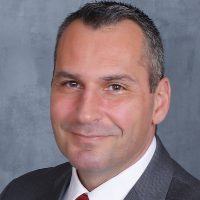
Jason Piotrowski
Captain, NJ State Police
The workshop will explore the most recently available reporting from law enforcement, intelligence, and public health agencies and identify the current trends related to the drug environment and impacted populations. Attendees will receive an overview of the most pressing drug threats facing the Nation and New Jersey to address the overdose epidemic, inform counterdrug policies, establish priorities, and allocate resources to drive community-led prevention and intervention strategies.
Susan A. Gibson, SAC will share the most recently available National reporting from the Drug Enforcement Agency (DEA) and Captain Piotrowski will present the status of the overdose epidemic in New Jersey and share Drug Monitoring Initiative data, the New Jersey State Police collects and analyzes near real-time from many different sources to develop a comprehensive understanding of the drug environment.
 23 June, 2022 11:30 am
23 June, 2022 11:30 am
Lia Nower, JD, Ph.D
Director of the Center for Gambling Studies, Rutgers
This presentation will provide an overview of problem and disordered gambling, including the developmental pathways individuals follow as they move from recreational to regular to problem gambling. In addition, we will summarize emerging issues affecting youth, particularly the lure of sports wagering, as well as findings from big-data analysis of Internet gaming and sports wagering data in New Jersey. Finally, we will discuss gambling trends and their implications for gambling-related harm and prevention and intervention efforts.
 23 June, 2022 11:30 am
23 June, 2022 11:30 am
Daniel Sansfaçon,
Manager, Drug Policy Development, Public Safety Canada
Further to cannabis legalization in 2018, Canada strengthened the Criminal Code provisions on drug-impaired driving and associated sentences, and implemented a multi-year initiative to: increase law enforcement capacity to detect and deter drug-impaired driving, conduct public awareness campaigns to inform Canadians about the risks of driving after cannabis and other drug use, and monitor trends and patterns in the evolution of drug-impaired driving. This presentation will describe the key elements of this initiative and some of its results.
 23 June, 2022 11:30 am
23 June, 2022 11:30 am
Leanne Jamison, LPC
Women's Empowerment Coach, Founder | Essentially Zenful LLC
The techniques taught in mindfulness play a critical role in relapse prevention. The core mindfulness skills, taken from Dialectical Behavior Therapy (DBT), enhance a client's ability to increase awareness of the present moment, increase the time spent in the present, and be in control of his or her mind. This then decreases the amount of mood dependent behaviors, such as using drugs and alcohol and addictive behaviors. The concepts of mindfulness can also be found all throughout the 12 step program. This presentation will offer education of mindfulness skills found in DBT and give exercises to implement in treatment and recovery to assist clients with understanding how these skills can help them with continued sobriety.
 23 June, 2022 01:15 pm
23 June, 2022 01:15 pm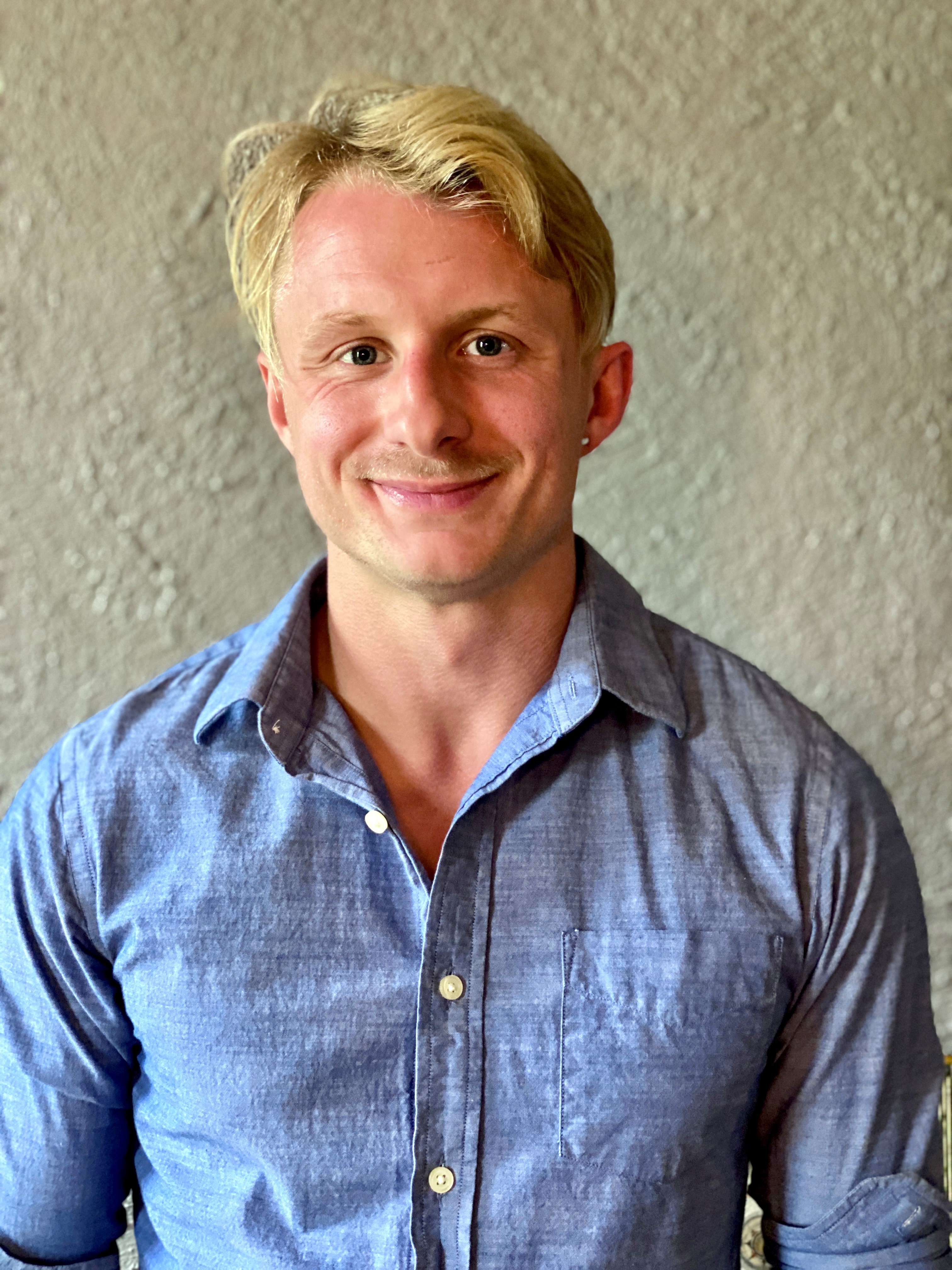
Chase Holleman, LCSW, LCAS
Public Health Advisor (Harm Reduction Lead) at SAMHSA Center for Substance Abuse Prevention
Harm reduction is an approach that emphasizes working directly with people who use drugs (PWUD) to prevent overdose and infectious disease transmission, improve the physical, mental, and social wellbeing of those served, and offer low-threshold options for accessing substance use disorder (SUD) treatment and other health care services. Harm reduction is a priority area and one of four key pillars in the Biden-Harris Administration’s overdose prevention strategy. Harm reduction organizations incorporate a spectrum of strategies that meet people “where they are” on their own terms, and may serve as a pathway to other crucial health services, including treatment- if requested. In some instances, other health services are co-located with harm reduction services. This workshop will outline harm reduction and its practical application as a system of care inclusive of prevention, treatment, recovery, and the gaps between. Participants will learn ways to more effectively practice harm reduction in a variety of settings, how to meaningfully engage with harm reduction organizations and PWUD, and ways in which SAMHSA will support harm reduction moving forward.
New Jersey Social Workers:
This workshop: Practical Applications of Harm Reduction to Reducing Opioid Misuse is approved by the Association of Social Work Boards (ASWB) Approved Continuing Education (ACE) program to be offered by New Jersey Prevention Network as an individual course. State and provincial regulatory boards have the final authority to determine whether an individual course may be accepted for continuing education credit. ACE course approval period(through August 2022). Social Workers completing this course will receive 1 CEU for prescription opioid drugs which is CE requirement.
 23 June, 2022 01:15 pm
23 June, 2022 01:15 pm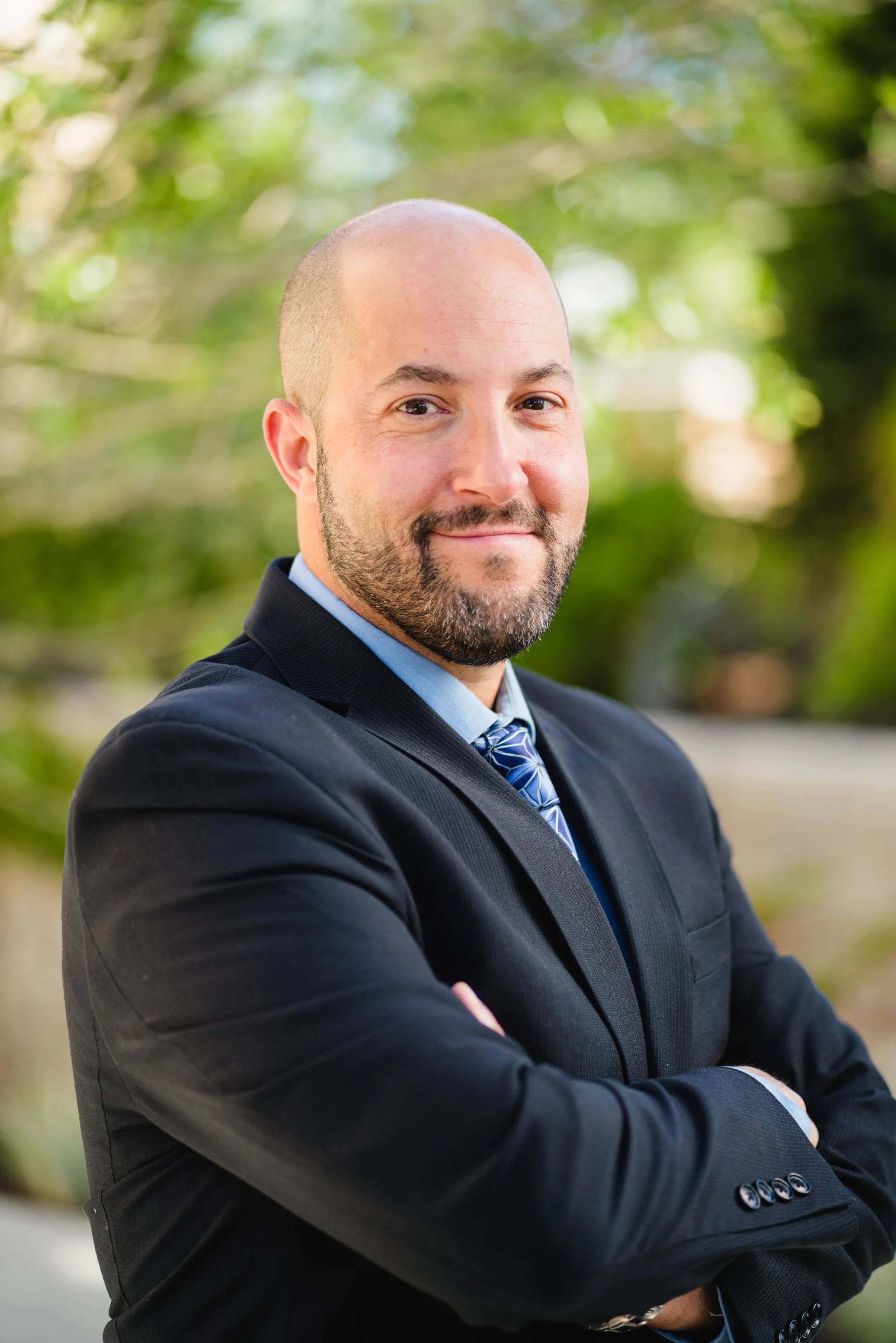
Eric Garland,
Distinguished Endowed Chair in Research, Distinguished Professor, Director of the Center on Mindfulness and Integrative Health Intervention Development, University of Utah
Opioid misuse among people with chronic pain fueled the current opioid epidemic. However, to date, there are no evidence-based treatments that simultaneously address chronic pain, opioid misuse, and opioid use disorder (OUD). To meet this need, Dr. Garland designed Mindfulness-Oriented Recovery Enhancement (MORE) through a decade-long treatment development process funded by the National Institutes of Health. Rooted in affective neuroscience, MORE unites complementary aspects of mindfulness training, third-wave CBT, and positive psychology into an integrative therapy to target the brain’s reward system and reduce addictive behavior, stress, and chronic pain. This session will detail the theory underlying the MORE treatment approach, research data demonstrating MORE's effectiveness, and unique clinical skills integral to this novel treatment approach. To date, MORE has demonstrated efficacy for opioid misuse, OUD, and chronic pain in five clinical trials involving over 550 patients. Across these studies, MORE has been shown to decrease opioid misuse twice as effectively as standard psychological therapy, while simultaneously reducing pain, craving, depression, and PTSD symptoms. At the same time, as a result of the savoring techniques taught in MORE, this novel therapeutic approach increases brain responses to natural rewards, healthy pleasure, and meaningful life experiences – something that no other therapy has been shown to do. Given the effectiveness of this novel therapeutic approach, MORE should now be disseminated by behavioral health providers throughout the country to help stem the tide of the opioid crisis.
 23 June, 2022 02:45 pm
23 June, 2022 02:45 pm
Dana Stevens, MPA
Executive Director, CASA Community Action, Service and Advocacy
New Jersey’s Cannabis Regulatory Enforcement Assistance and Marketplace Modernization (CREAMM) Act provides municipal officials the authority to exert local control regarding the establishment and operation of cannabis businesses within their town limits. From zoning to advertising to local licensing, this workshop examines best practices learned from other states that have legalized such as California, Colorado, Washington and Oregon to help prevention professionals educate decision makers in sound public health policy when it comes to cannabis commercialization in towns throughout New Jersey.
 23 June, 2022 02:45 pm
23 June, 2022 02:45 pm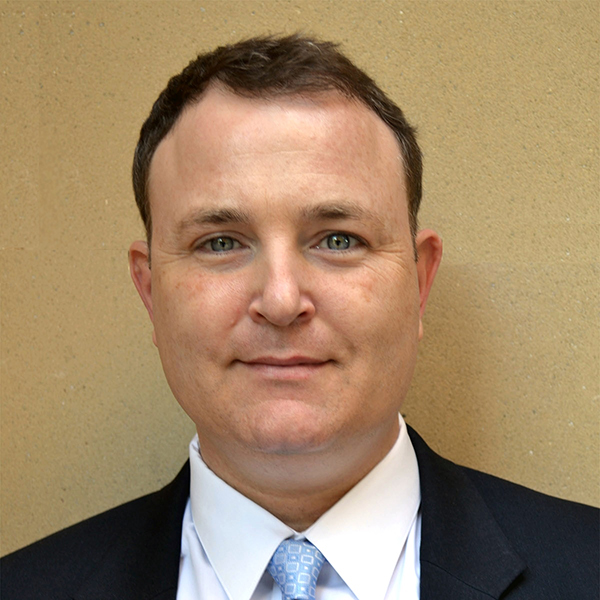
Aaron White, Ph.D
Chief of the Epidemiology and Biometry Branch. Senior Scientific Advisor to the NIAAA Director
The COVID 19 pandemic had dramatic impacts on global mental health – especially among females and younger people. NIAAA research revels nearly a quarter of people increased drinking during the pandemic and individuals who increased their drinking were more likely to drink to cope with stress.
This workshop will provide an update of alcohol-related problems in the United States since the COVID-19 pandemic, share outcome data because of alcohol misuse, and NIAAA resources and strategies for field professionals to draft a foundational blueprint to address the future needs of individuals and communities.
 23 June, 2022 02:45 pm
23 June, 2022 02:45 pm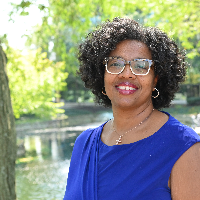
Juliana M. Mosley-Williams, PhD, CDP
DEI Consultant/Strategist
The COVID-19 pandemic caused massive loss to many throughout our nation and globe. But it also provided insight and forced our society to deal with the health inequities that it revealed. The inequities in our healthcare system were not new, but were finally worthy of a public agenda, conversation and action towards equity. In this revelation, another public conversation has emerged...how society is dealing with the opioid crisis, which seemed different from other drug epidemics of the past. The difference...culture, race, and economics. This workshop session will challenge participants to acknowledge and think critically about these health inequities and the work that lies ahead.
 23 June, 2022 02:45 pm
23 June, 2022 02:45 pm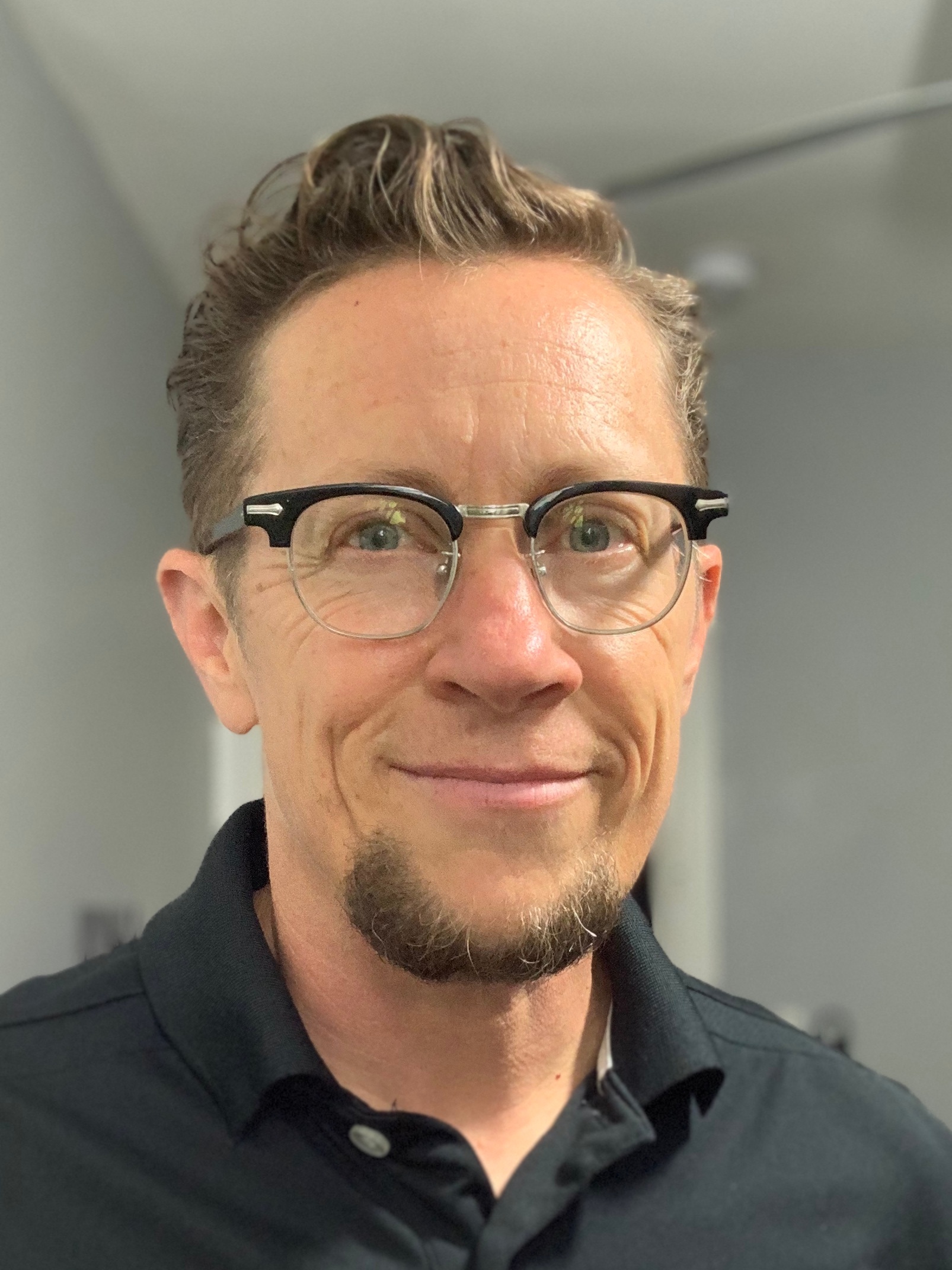
Scout
Executive Director, National LGBT Cancer Network
LGBTQ+ people have disproportionately high rates of tobacco use yet rarely get tailored outreach via tobacco control efforts. Come learn about new factors influencing tobacco treatment for LGBTQ+ people, what strategies you can take to ensure your organization is welcoming, similar strategies to ensure your personal engagement is supportive, and the biggest power moves are now to help reduce the tobacco disparities for this population.
 24 June, 2022 09:00 am
24 June, 2022 09:00 am
Diane Litterer
NJPN

Erayna Sargent
Founder, Hooky Wellness
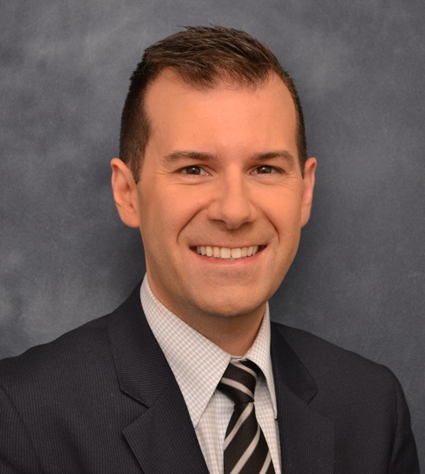
Dr. Brian King
Director, Center for Tobacco Products, US Food and Drug Administration
Building Your Anti-Burnout Toolkit
Burnout is at an all-time high and while there’s no silver bullet, there are everyday behaviors to help combat this common condition. This session will breakdown burnout and how to navigate the world of mental wellness so you can feel empowered to take steps towards your relief.
 24 June, 2022 09:40 am
24 June, 2022 09:40 am
Donna Jackson Nakazawa
Science Journalist | Author | International Speaker
This session opens a new doorway into understanding the link between trauma, chronic stress, and our physical and mental health. Participants will delve into the latest science on how trauma and toxic stress affect the brain, nervous system, immune system, and the stress-response in ways that can shape individuals’ health for good or for ill across the lifespan. The learner will come to understand: how pandemic and other cultural stressors affect individuals’ sense of safety and well-being; why young people and girls are uniquely affected; how powerful immune cells in the brain crosstalk with the body's immune cells; the way in which our brain dances with ever-changing cues in our environment and how this profoundly shapes well-being; a framework for why a sense of unsafety can lead to powerful epigenetic changes that create neural changes, which, in turn, can lead to mental health disorders, addiction, and cognitive decline. This presentation leaves learners with the understanding that the brain is forever plastic, and sets forth new hope for addressing brain-related disorders and promoting brain health. Together, these findings create a radically reconceived picture of human health; one that helps us to better address and promote individual, familial, and community flourishing.
 24 June, 2022 11:00 am
24 June, 2022 11:00 am
Natasha Buchanan Lunsford, Ph.D., M.A.
Associate Director for Health Equity, Office on Smoking and Health, Centers for Disease Control and Prevention
Tobacco product use is the leading cause of death, disease and disability in the U.S. Although cigarette smoking has declined significantly since 1964, disparities in tobacco product use remain across groups defined by race, ethnicity, educational level, and socioeconomic status and across regions of the country. Furthermore, the tobacco product landscape is constantly evolving. Youth use of e-cigarettes threatens to reverse the progress we have made in reducing tobacco use among youth. This presentation will provide an overview of the current commercial tobacco product landscape. Markers of health disparities and information about drivers of health inequities in commercial tobacco use, secondhand smoke exposure, and quitting will be shared. The presentation will also explore causes of youth tobacco use. Population-based prevention measures proven to reduce tobacco use and tobacco related morbidity and mortality and information on CDC activities to advance health equity will be shared.
 24 June, 2022 11:00 am
24 June, 2022 11:00 am
Jason Kilmer, Ph.D
Associate Professor, Psychiatry & Behavioral Sciences University of Washington School of Medicine
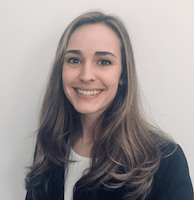
Brittney Hultgren, Ph.D
University of Washington School of Medicine
Messaging matters and the science is clear. While youth may perceive cannabis use as harmless or safer than other alcohol or other substances, the research shows that it can have profound negative impacts on academic achievement, attention and focus, sleep quality and ability to manage stress. And no, it does not make someone a safer driver! In this workshop, Drs. Kilmer and Hultgren make a powerful argument that changing youth perceptions around cannabis use and driving under the influence requires a multi-pronged approach, grounded in science, that includes normative messaging, education and environmental strategies.
 24 June, 2022 11:00 am
24 June, 2022 11:00 am
Joy Johnson, LCSW
Licensed Psychotherapist, Clinical Director, & Author, Therapy with Joy, LLC
Working in this field can be incredibly rewarding. You are able to do important, life-changing work that makes a difference and aligns with your values. However, this work is also difficult and can be draining. You may feel a heavy responsibility to the safety and wellbeing of your clients and you may struggle to let yourself “off the hook” when it feels like your work doesn’t yield the ideal results. Self-compassion is the key to mitigating burnout and showing up not only in our work, but also in our personal lives, in sustainable ways. Sometimes, people in helping professions can be the biggest skeptics of self-compassion, often valuing caring for others over ourselves. But if you’ve been in the field long enough, you likely already know how quickly that can lead to burnout and make it difficult to show up in the ways you most want both for your clients/peers and for your own loved ones.
 24 June, 2022 12:45 pm
24 June, 2022 12:45 pm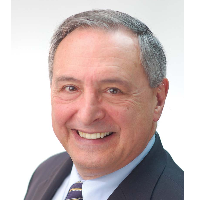
Carlo C. DiClemente, Ph.D. ABPP
Professor Emeritus of Psychology at the University of Maryland, Baltimore County and Director of the MDQuit tobacco resource center, the Center for Community Collaboration
This workshop will focus on the language of ‘relapse’ and ‘failure’, and on changing perspectives on how we view treatment outcomes. Dr. DiClemente will identify components of progress and setbacks, recognizing that a perceived ‘failure’ is often a stepping stone to growth and eventual ‘success’, and that ‘relapse’ only occurs when the effort to change is abandoned entirely. Dr. DiClemente will explore outcomes in relation to the change process, rather than on the absolutes of 'success’ or ‘failure’. And will emphasize the importance of continued support of change efforts, with the understanding that the process is often complicated and seemingly erratic at times, but that forward progress can prevail so long as the efforts to change are continued.
 24 June, 2022 12:45 pm
24 June, 2022 12:45 pm
Dorothy Chaney
President, WI Community Health Alliance
The vast majority of coalitions base their logic models and comprehensive strategies on root causes that are based upon risk factor theory. This session flips the perspective from risk factors to protective factors. Whereas we usually look to change local conditions to reduce risk, this session will build a logic model where we build protective factors into strategies addressing local conditions. This session provides a new way to enhance CADCA’s community change process. Hands-on activities, tools and resources will be provided.
 24 June, 2022 12:45 pm
24 June, 2022 12:45 pm
Dr. Valerie Mason-John (hon.doc) M.A
Mindfulness Based Addiction Recovery MBAR
This session will explore how together through the lens of mindfulness we will become aware when addictive behaviours have been protecting us from unpleasant experiences like pain, loneliness, and sadness. We will discuss how to transform this self compassionate attempt to protect from painful experiences into a self compassion that will help soothe the wounds, and bring an end to addictive and compulsive suffering.
 24 June, 2022 02:00 pm
24 June, 2022 02:00 pm
Beth Macy
Journalist, Author
This session will share the background for Beth Macy’s acclaimed book – and subsequent Hulu series - Dopesick: Dealers, Doctors, and the Drug Company That Addicted and highlight the advanced research into her follow up book Raising Lazarus, Hope, Justice, and the Future of America's Drug Crisis (released August 2022) which focuses on solutions to the opioid crisis and the heroic efforts of frontline workers who are applying harm reduction practices on the streets of America. It also will document the efforts of activists and parents of the dead who are trying to hold the Sackler family accountable for the crisis they helped create.
Board including: